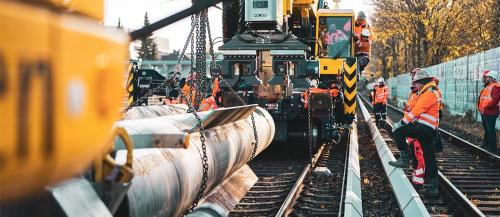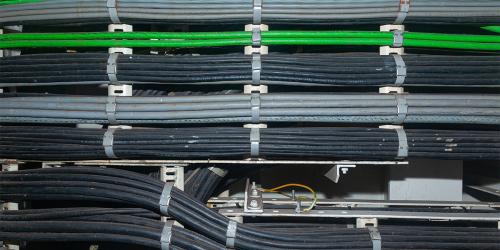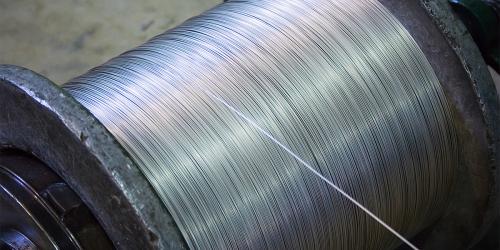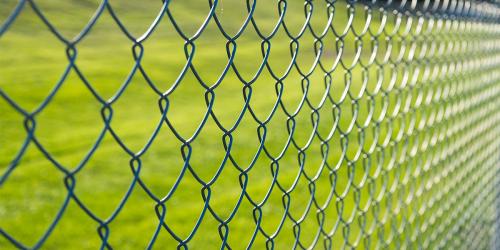As March rolls in, so does nesting season, a natural spectacle where many species of birds start to prepare for the arrival of their new chicks. Whilst this period is fascinating to observe, it can also bring a few challenges for homeowners and businesses alike. Nesting can lead to blocked gutters, damaged roofs, and unwanted droppings in the areas where we live and work. Don’t worry though, as we’re here to help! With our guidance, you can manage these challenges effectively, ensuring that birds can do their thing without disrupting yours.
When Does Bird Nesting Season Start?
Bird nesting season in the UK typically aligns with the spring and summer months, a time when most bird species, excluding pigeons and doves, mate and hatch their young. Whilst the exact timing can vary among species, it generally stretches from February to August, peaking between March and July. This synchronisation with warmer weather and increased availability of food significantly boosts the survival rates of hatchlings.
However, recent observations suggest that climate change is prompting some species to start nesting earlier than in the past, extending the season further. Although this shift enriches the biodiversity around us, it also highlights the need for proactive bird management solutions.
Challenges Posed by Bird Nests
Whilst bird nests are a sign of a healthy ecosystem, their nesting can cause several issues, especially when they choose to do so on private properties. These problems vary in severity and can affect residential homes, commercial buildings, and public structures differently. Some common concerns include:
- Blocked Gutters and Chimneys – nest materials, such as sticks, straw, moss, and litter can clog drainage systems and flues, leading to water damage and potential fire hazards.
- Damage to Buildings – acidic bird droppings and nesting materials can corrode building materials, leading to increased maintenance and costly repairs.
- Health Risks – bird droppings are associated with over 60 transmissible diseases, like Histoplasmosis and Salmonella, which can pose major risks to human health if ingested.
Birds are also known to nest within/on:
- Ledges
- Windowsills
- Roofs
- Cavity walls
- Solar panels
Legal Protection for Birds
In the UK, all wild birds, their nests, and eggs are safeguarded under the Wildlife and Countryside Act 1981. This legislation makes it illegal to intentionally disturb or destroy active nests – violations can lead to criminal charges and fines. Therefore, it is important to approach bird-related problems with awareness and respect for these legal protections.
Managing Bird-Related Issues
Despite the challenges, there are several effective and humane ways to tackle bird-related issues:
- Timing Work Carefully – plan maintenance and construction activities outside of the breeding season to avoid disturbing nesting birds.
- Use Deterrents – employ non-harmful deterrents such as spikes and gel discs to discourage birds from nesting in problematic areas. We stock a huge range of effective deterrents on our website, please feel free to take a look here!
- Seek Professional Help – for persistent issues, we recommend consulting with bird control experts who can provide personalised solutions that comply with wildlife protection laws.
Exclusive March Offer
To support homeowners and businesses during this season, we’re offering a 15% discount on our entire bird deterrent range throughout March. Now is the perfect time to equip yourself with the right tools to protect your property.
Shop our products today or contact our team on 03330 117818 or email [email protected] for more information and expert guidance.






